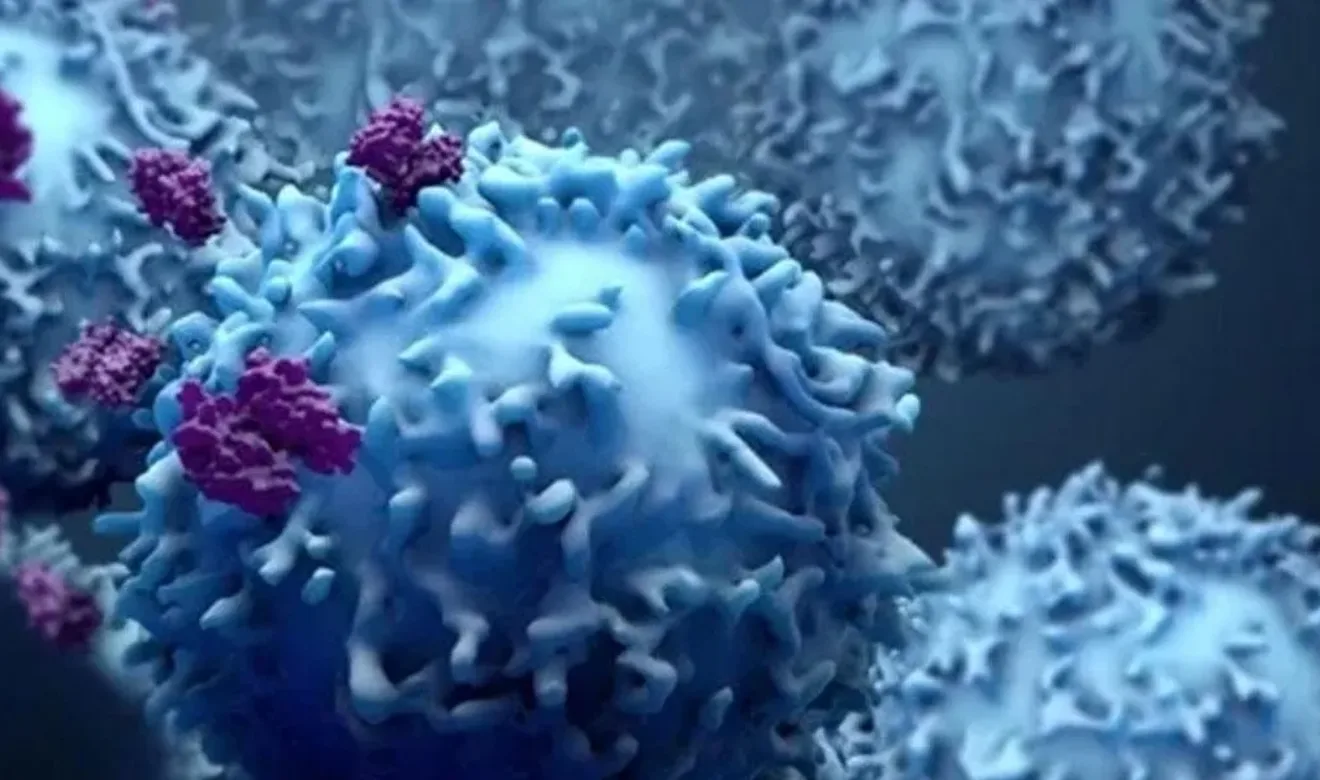
Immunophenotyping
Immunophenotyping by flow cytometry is a powerful way to gain deep insights into an individual cell’s unique surface and intracellular phenotype within a heterogeneous population of cells.

Accelerate your research with our expert flow cytometry team
KCAS Bio offers end-to-end solutions for immunophenotyping by flow cytometry. Whether your scientific question requires a customized method or can be evaluated by one of our pre-validated immunophenotyping panels, the experts at KCAS Bio can help. Over the last 12+ years, we have transferred, developed, and validated 100’s of flow cytometry-based solutions to support the most complex pre-clinical and clinical trials. Our immunophenotyping services include:
• Ready to Go, Pre-validated Panels in Selected Matrices
• Custom Method Development
• Fit-for-Purpose Method Qualification
• Fit-for-Purpose Method Validation
• Trans-Atlantic Support of Clinical Sample Analysis
• Dedicated team for Data Analysis and Reporting

Expert Knowledge to Develop Custom Solutions
At KCAS Bio, we recognize that your custom questions may require custom solutions. Flow cytometric methods can be challenging to develop and validate, especially given the complexity of the measurements and the lack of standardized cellular reference materials. Investing early in quality method development can help ensure time – and budget – efficient solutions. Learn more about how we approach complex assays.
Routine Analysis for:
• Whole Blood
• PBMCs (fresh or cryopreserved)
• Bone Marrow Aspirate
• Dissociated Tumors/Tissues
• Urine
• Cell Lines
Method Transfer
Let our experts collaborate with your team. We know that method transfer is an important step and requires careful attention. A quality method transfer is a fundamental step to ensure consistency and reliability of results across different locations and phases of clinical trials. Whether your assay is ready for an “as is” transfer or requires some additional optimization, we are poised to help.
Method Development
The critical first step for successful development is understanding the assay’s research application. This ensures that the sample matrix, flow cytometry panels, and gating strategies can be designed and optimized accordingly and assures adherence to all regulatory guidelines and principles (Good Laboratory Practice GLP, Good Clinical Laboratory Practice, GCLP). With a firm understanding of the research application, we carefully select the antibody clones, fluorochromes, titrations, and sample matrices during method development and optimization.
Method Qualification
(or Method Validation) Once custom development is complete, the assay may undergo method qualification or validation, depending on the end application. This fit-for-purpose step will ensure the assay is robust and reliable. At KCAS Bio, we adhere to rigorous standards. All method validations are completed according to the Clinical and Laboratory Standards Institute (CLSI) H62 guidelines for validation of assays by flow cytometry. Evaluation parameters can include: stability, robustness, precision, accuracy, linearity, Limit of Detection, and Limit of Quantitation.

Method Qualification or Method Validation
Which way to go?
When considering the application of flow cytometry in your study, understanding the difference between Method Qualification and Method Validation is crucial to deciding which is appropriate for your needs.
Method Qualification
Advantages
Method qualification ensures that a flow cytometry method is suitable for its intended use. Customizable to meet the assay need, it typically involves fit-for-purpose test scripts demonstrating that the method can reliably identify and quantify cell populations of interest.
When to Use
Method qualification is generally used in preclinical studies, early-phase clinical trials, or exploratory research, where the regulatory requirements are not as stringent and the primary goal is to gather preliminary data.
Method Validation
Advantages
Method validation is a comprehensive process establishing that a flow cytometry method is reproducible and reliable for specific clinical or regulatory purposes. Unlike many other platforms, flow cytometry lacks target standards from regulatory agencies, so validation strategies and approaches differ across laboratories. The validation should be designed to thoroughly evaluate various parameters and be prepared to meet strict regulatory requirements. This is critical for later-phase clinical trials and studies that will be submitted to regulatory bodies.
When to Use
Method validation is recommended for late-phase clinical trials, regulatory submissions, and studies where the accuracy and reliability of the data are paramount.
Tell us how we can help with your project
We've earned our reputation for delivering reliable, error-free data. We understand the importance of speed, flexibility, and consistency and only make promises we can keep.
Our people

Agile, responsive, and easy to work with
We prepare and adapt our services based on a deep understanding of your drug development ambitions and wider business objectives.